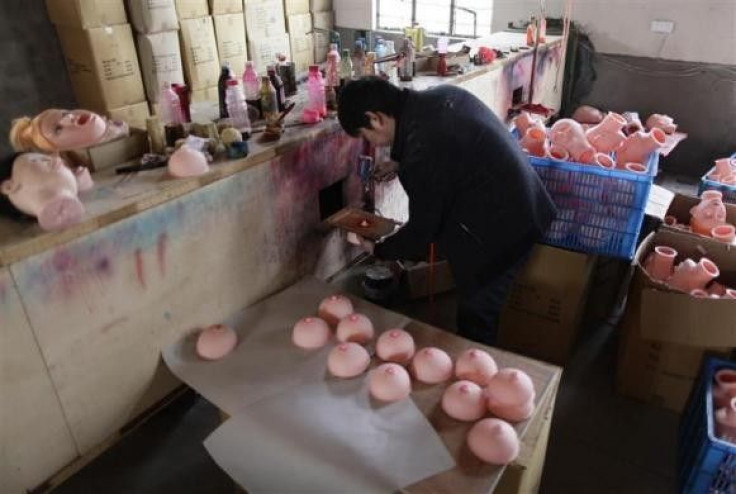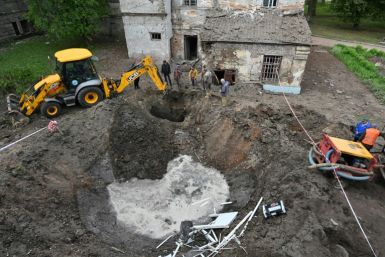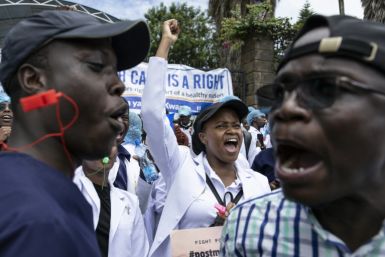Commonly Used Breast Implants In Australia Can Be Linked To Cancer

A study by a professor from Macquarie University, Professor Anand Deva, showed that the commonly used breast implants in Australia could possibly have a link to rare cancer. Concerns have been raised about breast augmentation as Australian surgeons are making offers to cut down the price to have a fair competition with the Asian market.
According to news.com.au, Professor Deva found that chronic infection around the implants could result in the activation of the immune system as well as lymphocytes. He said in an article, soon to be published in a journal, Plastic and Reconstructive Surgery, that the stimulation of the lymphocytes long term could result in transforming into cancer cells.
Professor Deva said that worldwide about 170 cases of a rare tumour had been reported and that the cases were linked to having implants and that was a risk factor. He continued that 90 percent of the cases resulted in textured implants being used, which was the most commonly used implant in Australia.
In his previous research, Professor Deva found that a major cause for the hardening of the tissue around the implant was because of the bacteria that lived in the clumps attached to the implants. He added that was the most common cause for someone to go in for revision surgery.
He said that his advise to women who were considering getting the implants done was that of ensuring that their surgeon was aware of the research that linked cancer to the breast implants. He said that the surgeons should also be aware of a 14 point plan that he developed. The 14 point plan he developed was to help reduce the chances of catching an infection during the surgery. He added that this plan might help reduce the chances of cancer as well.
Professor Deva explained the surgeons must make sure that the implant did not touch the patient's skin to reduce the chances of an infection. He said that the pocket in which the surgeons had to insert the implant should be irrigated will with antiseptics and antibiotics and that intravenous antibiotics should be used. He also said that the time should be minimised between opening the implant and inserting it into the patient.






